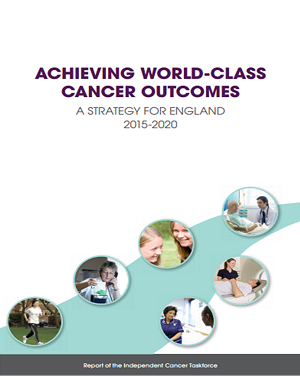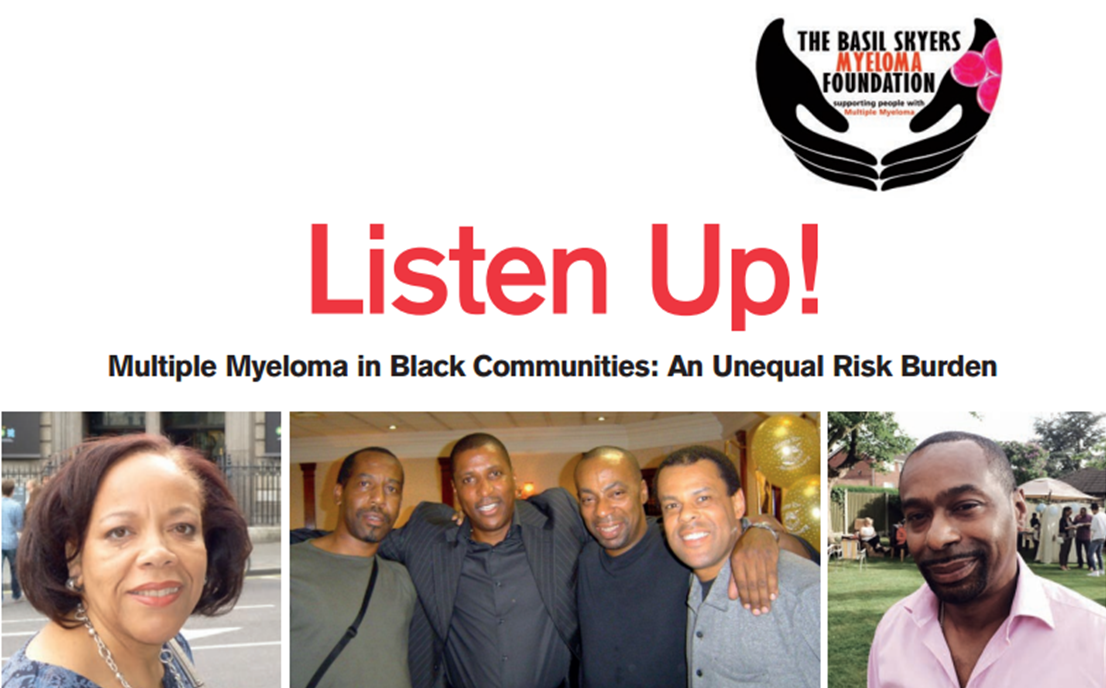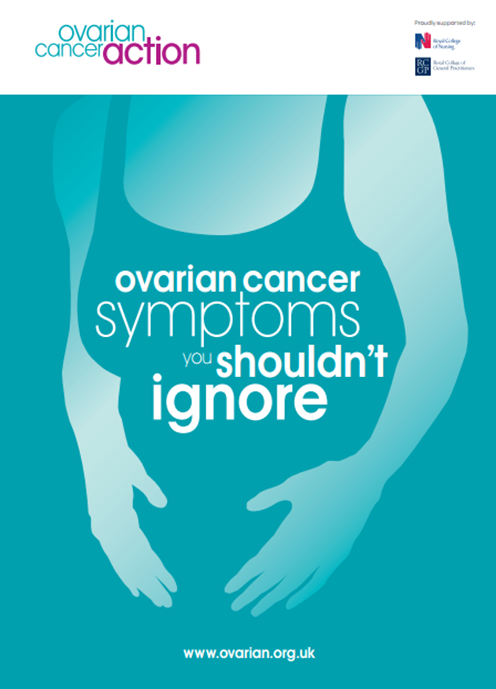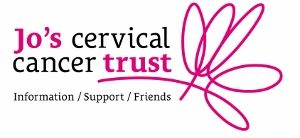Does sugar cause breast cancer?
A recently published study has thrown new light on the links between dietary sugar and breast cancer. The study authors investigated the effect of different types of diets on the development of tumours in mice. The authors found that just 30% of mice on a starch-based diet had measurable tumours, whereas 50 to 58 percent of the mice on sucrose-enriched diets had developed mammary or breast tumours. The study also showed that numbers of lung metastases (secondary cancer growths) were significantly higher in mice on sucrose- or a fructose-enriched diet, when compared with mice on a starch -based diet. This implies that sucrose and fructose have the ability to promote tumour growth through specific pathways.
Although it’s difficult to compare mice with humans, the mice in this study received amounts of sugar (relative to their size) that were similar to amounts found in western diets. This raises questions about the presence of sugar in the western diet and its influence on breast cancer. The diets of people of African and African-Caribbean descent are often high in sugar. It is also the case that young UK based Black women (under the age of 40) have poorer outcomes in relation to breast cancer when compared with their non-black counterparts. Further research into the effects of dietary sugar on breast cancer in humans (particularly young Black women) is certainly warranted.
You can find more information about the studies here , here and here.


















